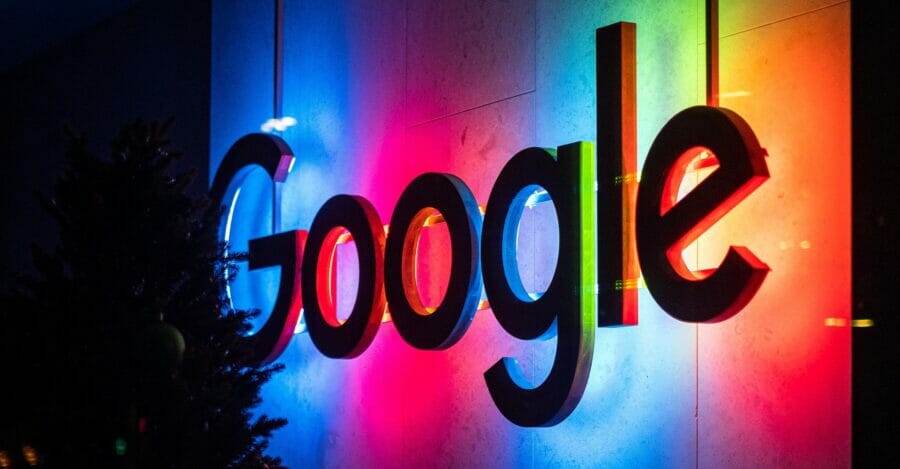Google has denied “extremely inaccurate claims” that it may have violated its own rules and misled advertisers about viewing ads on third-party websites. This was reported by Engadget.
Through the Google Video Partner (GVP) network and TrueView (an advertising product also used by YouTube), the company engages in placing video ads on external websites and applications. According to The Wall Street Journal, Google is telling brands that their ads will be placed on “high-quality” sites, appear before the main video content and will be accompanied by sound. It also says that advertisers won’t pay if users skip ads.
However, a report by a third-party analytics company says that Google does not follow these standards about 80% of the time. Adalytics notes that ads often appear on low-quality websites, such as those with misinformation or pirated content, and that they can be placed in small video players on the side or bottom of the screen, as far away from the main content as possible.
In some cases, the skip button, which usually appears after five seconds, was hidden, forcing viewers to watch the ad in its entirety. According to Adalytics, this is a “a direct violation of Google’s quality standards for TrueView ads” and may have contributed to artificially inflated ad metrics, resulting in advertisers paying more.
Adalytics analyzed the advertising campaigns of more than 1,100 brands between 2020 and this year. Clients who may have purchased such ads include the US government, the European Parliament, Disney+, HP, Samsung, Sephora, TikTok, Microsoft and General Motors. It just so happened that some of Google’s other divisions (Google Career Certificates and Google Workspace Domains) also made the list.
Instead, Google’s head of global video solutions, Marvin Renaud, claims that Adalytics “used unreliable sampling and proxy methodologies.” According to him, the vast majority of video advertising campaigns are conducted on YouTube, and brands have the option at any time to refuse to show their ads in applications and websites associated with GVP.
We will remind that recently the European Commission filed an official antimonopoly complaint against Google and its advertising business. In a preliminary opinion, the regulator claims that the tech giant is abusing its dominant position in the digital advertising market.



Loading comments …